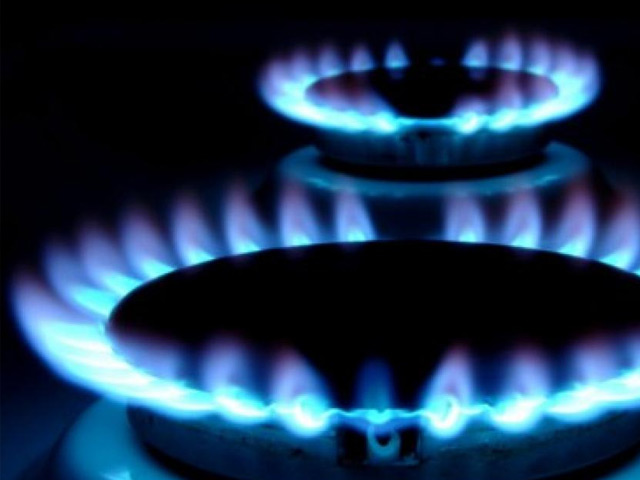Europe has an active policy on the implementation of gas transportation projects along the Southern Gas Corridor

In the period of intensifying tensions around Iran, the Institute of Global Economic Problems considers it relevant to raise the issue of energy security in Europe, taking into account that this issue has far more to do with the escalation of tension.
The modern alignment on the energy space between the North and Caspian Seas is the result of actions and counteractions of the stakeholders, undertaken at the end of the last century. Four decades of "Gazprom" enveloped the gas cobweb not so much the space of the former USSR, as much as the part of Europe, where it could reach. And as a result, he became a leader in the European gas market, skilfully blocking the appearance of competitors from among the Caspian countries. And Gazprom does not hide the intention to become a monopolist. But Europe does not take on the role of an extras and conducts an active policy for the implementation of various gas transportation projects along the Southern Gas Corridor. The southern gas corridor is designed for all potential gas flows that can be obtained and transported through Turkey to Europe. We are talking about gas supplies from Azerbaijan, Turkmenistan, Iran, Iraq, in the longer term, from Egypt, with a total volume of 60 billion cubic meters.
Nabucco, the Turkey-Greece-Italia (ITGI) intercorrector in conjunction with the Trans Adriatic gas pipeline, the White Stream, the Trans-Caspian gas pipeline, as well as the Iranian and Iraqi connectors for gas supplies to Europe, should be included in the project of the Southern Gas Corridor.
The base project of the Southern Gas Corridor can be considered Nabucco as the most advanced and prepared for further implementation, as the consortium Nabucco, established in 2004, has so far carried out serious preparatory and organizational work. One of the important factors in favor of this project is a fairly consistent support from the European Commission. Currently, it has mobilized all efforts to support Nabucco, as it is intended to become a pilot project for the success of the European Commission and its concept of a unified energy policy of the European Union. But not all EU member states support it really. At the same time, a number of countries are positioning themselves both as participants in the Nabucco project and as participants in the opposite to it in the ideology of the Russian project "South Stream". It is clear that the favorite will be a project supported by a sufficient amount of gas. "South Stream" in this issue is comfortable, "Gazprom" has the necessary volumes. And Nabucco's Achilles' heel is a resource base and it would be closer to implementation if the issue of deliveries of Iranian (!) Gas was resolved.
But due to the fact that the EU, like the US, has taken a special position with regard to Iran in terms of stopping cooperation with it in the energy sphere because of its nuclear program, the promotion of other projects not related to Iran has been stepped up.
Iranian gas could play the role of accelerator for the development of the Southern Gas Corridor as a whole, but according to London, Brussels and Washington, the Iranian political factor continues to play a deterrent role for the project.
Iranian gas can get to Nabucco through two intermediate operations. First, according to the scheme of substitution of Turkmen gas. Turkmen gas was previously supplied to Iran, and it is well known that Turkmenistan and Iran last year increased the throughput capacity of the gas pipeline connecting these two countries. Secondly, Iranian gas can be supplied to Nabucco via Azerbaijan and Georgia through the Iran-Astara-Gazakh gas pipeline, which has existed since 1971, first to Azerbaijan, and then switching to the operating South Caucasus gas pipeline Baku-Tbilisi-Erzurum. Moreover, the Azerbaijani side made efforts to reanimate the pipeline system.


